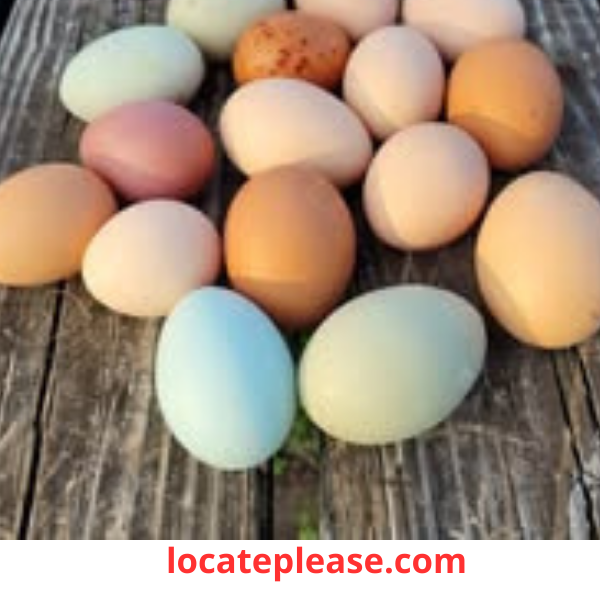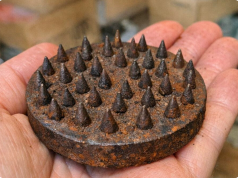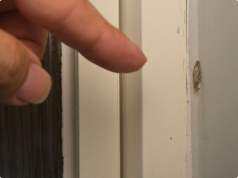As I gathered my eggs today, I couldn’t help but wonder how many people are unaware that the little specks of dirt or poop on these shells are often less concerning than the pristine eggs found in grocery stores. Why is that? The answer lies in a natural protective layer called the “bloom,” which plays a vital role in keeping fresh eggs safe and wholesome.
What is the Bloom?
Fresh eggs come with an invisible coating known as the bloom—a remarkable gift from nature. This protective layer seals the shell’s pores, preventing harmful bacteria from entering the egg while also keeping moisture inside. It’s a feature so unique that no artificial process can replicate its effectiveness.
However, once you wash an egg, you’re not just removing dirt; you’re washing away this vital protection. Without the bloom, the egg becomes vulnerable to contamination through its porous shell.
The Grocery Store Reality: What Happens to Store-Bought Eggs?
In contrast, store-bought eggs undergo significant processing before they reach your kitchen. At commercial processing plants, eggs are thoroughly cleaned—often by being dipped in a solution containing sodium hypochlorite, commonly known as bleach. Yes, bleach! This chlorine-based compound is used to sanitize the eggs and kill bacteria after the bloom has been stripped away during washing.
While this sanitization process may seem necessary, it raises concerns. Once the bloom is removed, there’s nothing left to protect the egg from external contaminants—including residues of the very chemicals used to clean them. That’s why commercially washed eggs must be refrigerated immediately to slow down the growth of any pathogens that might penetrate the shell.
Chlorine in Your Eggs: Does It Matter?
Let’s pause for a moment and think about this: Is chlorine organic? Does it belong in our food system? Regardless of regulatory approvals, the fact remains that chlorine solutions are used during the cleaning process. For those striving to eat clean and avoid chemical exposure, this practice might give pause.
And here’s another sobering thought: Those perfectly arranged cartons of eggs at the grocery store? They’re likely at least 30 days old by the time they hit the shelves. Have they been stored at optimal temperatures throughout their journey after losing their natural bloom? It’s a question worth asking.
Why Fresh Eggs Are Worth the Price
When you see farmers selling eggs for $4, $5, or even $6 a dozen, it’s easy to balk at the price tag. But understanding the value of fresh eggs puts things into perspective. These eggs still have their bloom intact, offering natural protection and superior freshness. They haven’t been subjected to harsh chemical treatments or long storage periods. Instead, they go directly from the farm to your table, preserving their quality and nutritional integrity.
By choosing fresh, unwashed eggs, you’re supporting local farmers who prioritize sustainable practices and animal welfare. You’re also making an informed decision about what you bring into your home—and ultimately, your body.
A Personal Choice: To Wash or Not to Wash?
Personally, I prefer not to wash my eggs until I’m ready to use them. Leaving the bloom intact ensures the egg remains protected until the moment I crack it open. If you do need to clean an egg, consider gently wiping off visible dirt with a dry cloth or lightly rinsing it under running water just before cooking. Avoid soaking eggs, as water can seep through the shell without the bloom’s protection.
Support Local Farmers, Make Informed Choices
The next time you’re faced with the choice between affordable store-bought eggs and slightly pricier farm-fresh options, take a moment to reflect on the differences. Consider the journey each egg has taken—from the henhouse to your plate—and the impact of industrial processing versus nature’s design.
By supporting local farmers and opting for fresh, minimally processed eggs, we not only enjoy better-tasting, healthier food but also contribute to a more sustainable and ethical food system. Let’s make informed choices about what we feed ourselves and our families. After all, when it comes to eggs, the bloom says it all!






